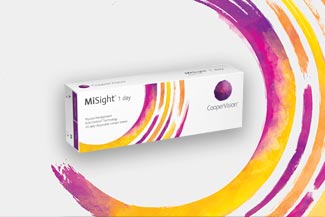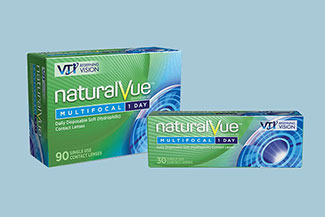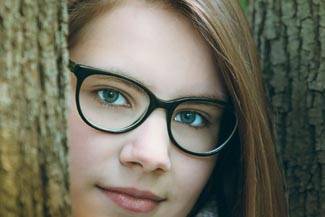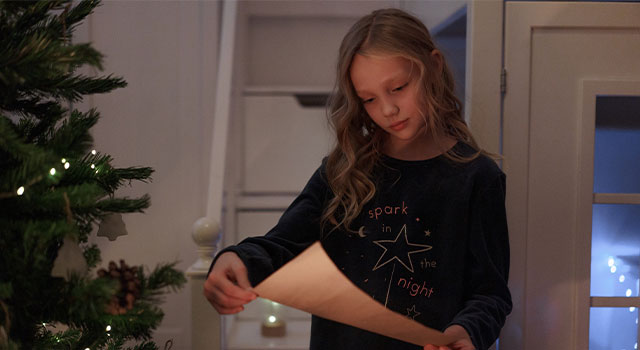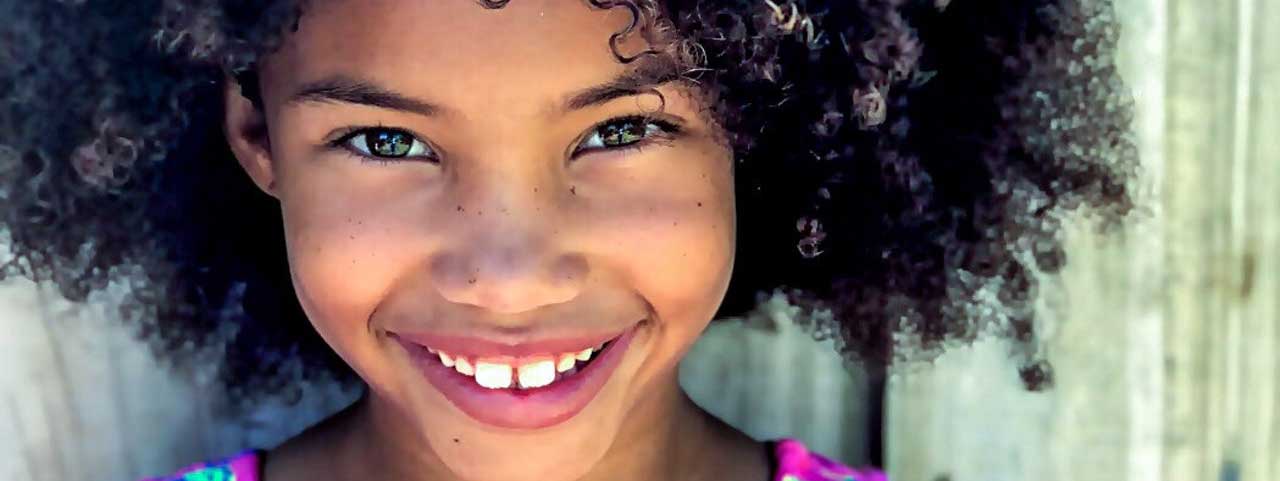
What Treatments Are Used In Myopia Management?
Eye doctors who determine that a child has myopia (nearsightedness) often prescribe eyeglasses or standard contact lenses. While these vision correction tools help the child see better, they cannot slow myopia’s progression. By using the most advanced myopia management methods, our optometric team can help your child slow myopia progression and reduce the risks of developing vision-robbing ocular diseases later in life.
This page will help you understand the different myopia treatment options and their associated benefits.
What Is Myopia Management?
Myopia begins in childhood and unless its progression is slowed, a child can become very nearsighted by early adulthood. It is not a static condition. By the time you take your child for their next eye exam, their level of nearsightedness will have likely increased.
The goal of myopia management is to slow down its progression, because myopia increases the risk of eventually developing eye diseases like glaucoma, cataracts, retinal detachment and macular degeneration. The higher the progression of myopia, the greater the risk. The earlier your child begins myopia management, even for mild myopia, the greater the benefits.
If you’re concerned that your child’s vision is deteriorating rapidly, contact Rosen Optometry Inc. today. We can help.
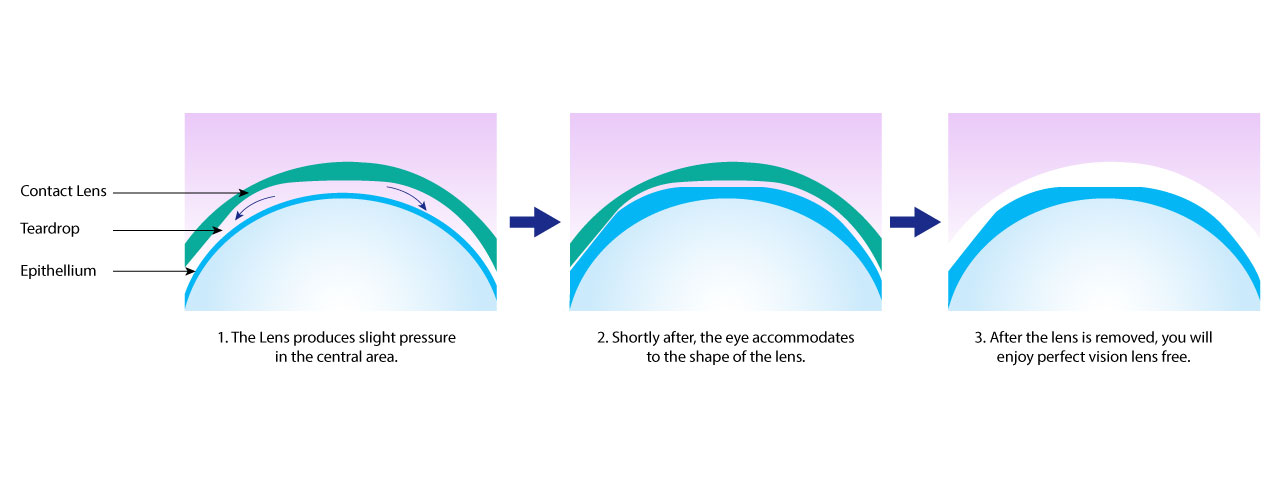
What Are the Myopia Management Treatment Methods?
Ortho-K/Orthokeratology
Also known under the following terms:
- Gentle Shaping Vision System (GVSS)
- Corneal Reshaping Therapy (CRT)
- Vision Shaping Therapy (VST)
- Corneal Molding (CM)
Ortho-k is proven to significantly decrease the rate of myopia progression by gently reshaping the cornea with a specialized custom-fit contact lens that needs to be worn overnight. By the morning, the corneal elongation that causes nearsightedness is greatly reduced. This temporary reshaping provides clear vision the following day, without any need to wear eyeglasses or contact lenses.
Atropine Drops
Atropine is a medication that can treat a variety of conditions and complications. Today, it is most commonly used to dilate the pupils for certain eye exams.
Recent research shows that low-dose atropine eye drops can effectively slow down myopia progression in children. When 0.01% atropine eye drops are applied at bedtime over an extended period of time, myopia progression can be mitigated.
Because atropine does not correct vision, optometrists often prescribe the drops in combination with eyeglasses, and it’s frequently used to complement other methods of myopia management.
Multifocal Lenses
Multifocal contact lenses correct higher levels of myopia and are known to be very comfortable. They provide clear central and peripheral vision, and many people don’t even feel that they are wearing them.
Multifocal contact lenses focus light correctly across all areas onto your retina, improving peripheral vision. The center of the contact lens enables the wearer to focus on distant objects that appear blurry to a nearsighted person, while the outer zone enables near objects to be seen more clearly.
How To Choose the Right Myopia Treatment?
If your child has myopia, it is recommended that they undergo myopia management in some form or another. The suitability of orthokeratology or multifocal lenses depends largely on the age of the child and his/her maturity level and lifestyle. In general, children can wear contact lenses from the age of 8.
One factor to consider is the level of nearsightedness. If the refraction level is too high, corneal reshaping may not be as effective. Consult with our optometric team at Rosen Optometry Inc. to determine whether your child’s prescription can be managed with ortho-k.
Lifestyle is a major consideration. A child who likes to play outdoors may find eyeglasses to be a nuisance, or dusty environments irritating when wearing contact lenses. For these children, ortho-k is probably the better choice.
If you opt for a corrective solution (glasses or contact lenses), consider using atropine drops. They are perfectly suited for young children and have few to no side effects.
Not sure which option to go with? Speak with our optometric team, who will advise you on the best myopia treatment for your child.
Our practice serves patients from St. Louis, Byrnes Mill, Cedar Hill, and Imperial, Missouri and surrounding communities.
